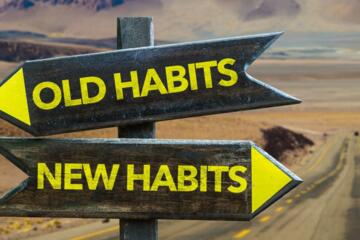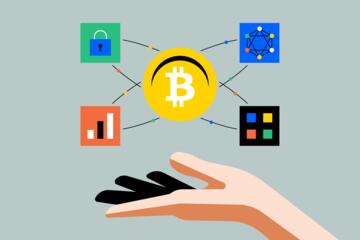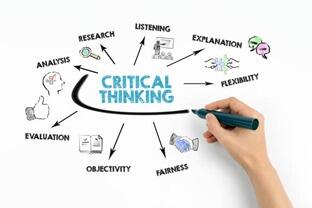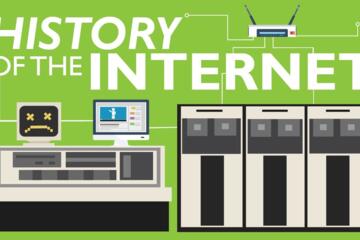Sympathy is when you recognize someone’s suffering and express care or concern from a distance. It’s a surface-level acknowledgment of another person’s pain.
Think of it like saying: “I’m sorry you’re going through that.” While well-intentioned, sympathy can sometimes create a sense of separation—like you’re on the outside looking in.
Example: Your friend says they’re overwhelmed with stress at work. You reply, “That sucks. I hope things get better soon.” That’s sympathy. You care—but you’re not stepping into their emotional shoes.
Key traits of sympathy:
-
Acknowledges pain without feeling it
-
Often includes pity or sorrow
-
Maintains emotional distance
-
Can feel dismissive, even if unintended
What Is Empathy?
Empathy is the ability to understand and share the feelings of another person. Instead of just noticing someone’s emotions, you experience them, even if only for a moment.
Empathy says, “I see you. I feel with you.” It’s about being present, not fixing the problem or offering advice unless asked.
Example: That same friend says they’re overwhelmed at work. Instead of just offering a hopeful phrase, you say, “That sounds exhausting. I’ve had days like that too—like there’s no end in sight. I’m here if you want to talk.” That’s empathy. It connects.
Key traits of empathy:
-
Shares emotional experience
-
Listens without judgment
-
Offers presence, not just words
-
Builds trust and closeness
Why the Difference Matters
It might seem like splitting hairs, but the way we respond to others’ pain deeply influences our relationships. Sympathy can unintentionally make someone feel isolated or misunderstood. Empathy, on the other hand, validates their emotions and creates a safe space for healing and support.
Here’s why empathy leads to stronger connection:
-
It reduces feelings of loneliness.
-
It promotes emotional safety and vulnerability.
-
It helps resolve conflicts through understanding, not blame.
-
It encourages compassionate action, not just passive support.
Common Misunderstandings
Let’s clear up a few things that often cause confusion:
-
Empathy isn’t weakness. Feeling deeply doesn’t mean losing control; it means choosing to connect.
-
Empathy doesn’t mean agreement. You can empathize with someone without endorsing their actions or choices.
-
Sympathy isn’t “bad.” It can be appropriate in certain situations (e.g., expressing condolences), but it’s often not enough for deeper emotional support.
How to Practice Empathy
Empathy is a skill—not just a trait. Here’s how to develop it:
1. Listen to Understand, Not to Respond
When someone is sharing, don’t rush to fix or reply. Be present. Ask yourself, “What might they be feeling right now?”
2. Reflect Their Emotions
Say things like:
-
“That sounds really difficult.”
-
“You seem hurt—do you want to talk more about it?”
This shows you're tuned in to what they feel.
3. Put Yourself in Their Shoes
Imagine the world from their point of view. What pressures, fears, or hopes might be influencing them?
4. Avoid Judgment
You don’t need to agree, but don’t minimize or dismiss. Skip phrases like “At least…” or “It could be worse…”
5. Stay with the Emotion
Sitting with someone in discomfort can feel awkward—but that’s where connection happens. Just being there is often enough.
Empathy in Action: Real-Life Examples
-
At work: Your colleague misses a deadline. Instead of saying “You need to manage your time better,” try: “I know things have been hectic. Is there anything I can help with?”
-
In relationships: Your partner seems upset but distant. Instead of “What’s wrong now?”, try “You seem a little off—do you want to talk about it?”
-
With yourself: Instead of beating yourself up over a mistake, ask: “What would I say to a friend in my shoes?”
Final Thoughts: Be the Person Who Gets It
Empathy and sympathy both come from a place of caring—but empathy builds bridges, while sympathy can create walls. The more you practice empathy, the more meaningful your relationships will become.
You don’t have to be perfect. Just be willing to show up, listen, and feel. That’s what people remember—not your advice, but your presence.
So next time someone opens up to you, ask yourself: Am I standing beside them—or watching from the sidelines? Choose empathy. It makes all the difference.









